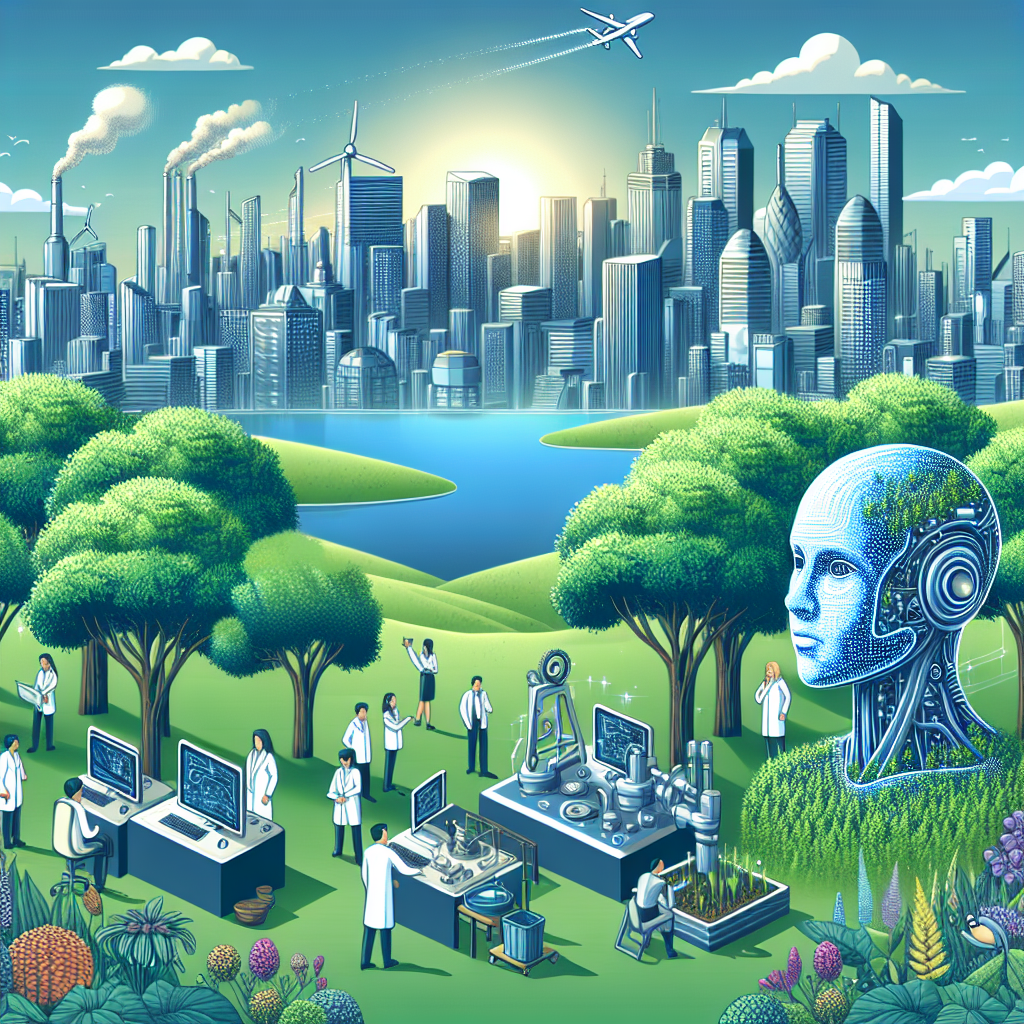
As artificial intelligence (AI) continues to advance and integrate into various facets of life, the question arises: what will be the next major breakthrough in human progress? While AI is transforming numerous fields, several emerging technologies and scientific advancements hold the potential to revolutionize the future. Here’s a look at what could be the next groundbreaking development following the rise of AI:
1. Quantum Computing
Quantum computing is poised to be the next major leap in technology. Unlike classical computers that use binary bits (0s and 1s), quantum computers utilize quantum bits or qubits, which can represent and process a multitude of states simultaneously.
- Enhanced Computational Power: Quantum computers could solve complex problems in seconds that would take classical computers millennia, such as simulating molecular structures for drug discovery or optimizing large-scale logistical operations.
- Cryptography: They have the potential to break existing encryption methods but also offer new forms of encryption that could significantly enhance data security.
2. Advanced Biotechnology and Genetic Engineering
Biotechnology and genetic engineering are making remarkable strides, and future developments could dramatically alter medicine and agriculture.
- Personalized Medicine: Advances in genetic editing tools like CRISPR will enable precise modifications to DNA, leading to personalized treatments tailored to individual genetic profiles and potentially curing genetic diseases.
- Synthetic Biology: The creation of new life forms or the re-engineering of existing ones could lead to breakthroughs in sustainable agriculture, biofuels, and synthetic materials.
3. Fusion Energy
Nuclear fusion promises to provide a nearly limitless and clean source of energy by mimicking the processes powering the sun.
- Sustainable Power: Unlike nuclear fission, which produces radioactive waste, fusion reactions produce minimal waste and have the potential to supply vast amounts of energy with little environmental impact.
- Technological Advances: Achieving practical fusion power would require breakthroughs in materials science, superconducting magnets, and plasma control, driving technological innovation across various sectors.
4. Brain-Computer Interfaces
Brain-computer interfaces (BCIs) aim to create direct communication pathways between the brain and external devices, potentially transforming how we interact with technology and each other.
- Enhanced Communication: BCIs could enable people with neurological disorders to control prosthetics, communicate more effectively, and even interact with digital environments through thought alone.
- Cognitive Enhancement: Future BCIs might enhance cognitive abilities, memory, and learning, leading to new ways of experiencing and understanding the world.
5. Space Exploration and Colonization
Space exploration and colonization are rapidly advancing, with private companies and space agencies pushing the boundaries of what is possible.
- Mars Missions: Missions to Mars and beyond aim to establish human settlements on other planets, opening up new frontiers for scientific research and human habitation.
- Resource Utilization: Mining asteroids and other celestial bodies for resources could provide new materials and energy sources, further expanding our reach in space.
6. Advanced Robotics and Automation
Robotics and automation are evolving to perform increasingly complex tasks with greater precision and autonomy.
- Autonomous Systems: Future robots could operate independently in diverse environments, from homes to hazardous locations, enhancing productivity and safety.
- Human-Robot Collaboration: Advanced robots working alongside humans in various fields, such as manufacturing, healthcare, and service industries, could significantly improve efficiency and job satisfaction.
7. Sustainable Technologies
Sustainable technologies focus on reducing environmental impact and addressing climate change.
- Clean Energy Solutions: Innovations in renewable energy sources, such as advanced solar panels and wind turbines, will contribute to a greener and more sustainable future.
- Circular Economy: New approaches to recycling and waste management will minimize resource consumption and environmental harm, promoting a circular economy where materials are reused and repurposed.
Conclusion
As AI continues to evolve, the next major breakthroughs in human progress are likely to emerge from fields such as quantum computing, biotechnology, fusion energy, brain-computer interfaces, space exploration, robotics, and sustainable technologies. Each of these areas holds the potential to reshape our world, addressing current challenges and opening new possibilities for future generations. The continued pursuit of innovation and scientific discovery will be crucial in navigating the next era of human advancement.





